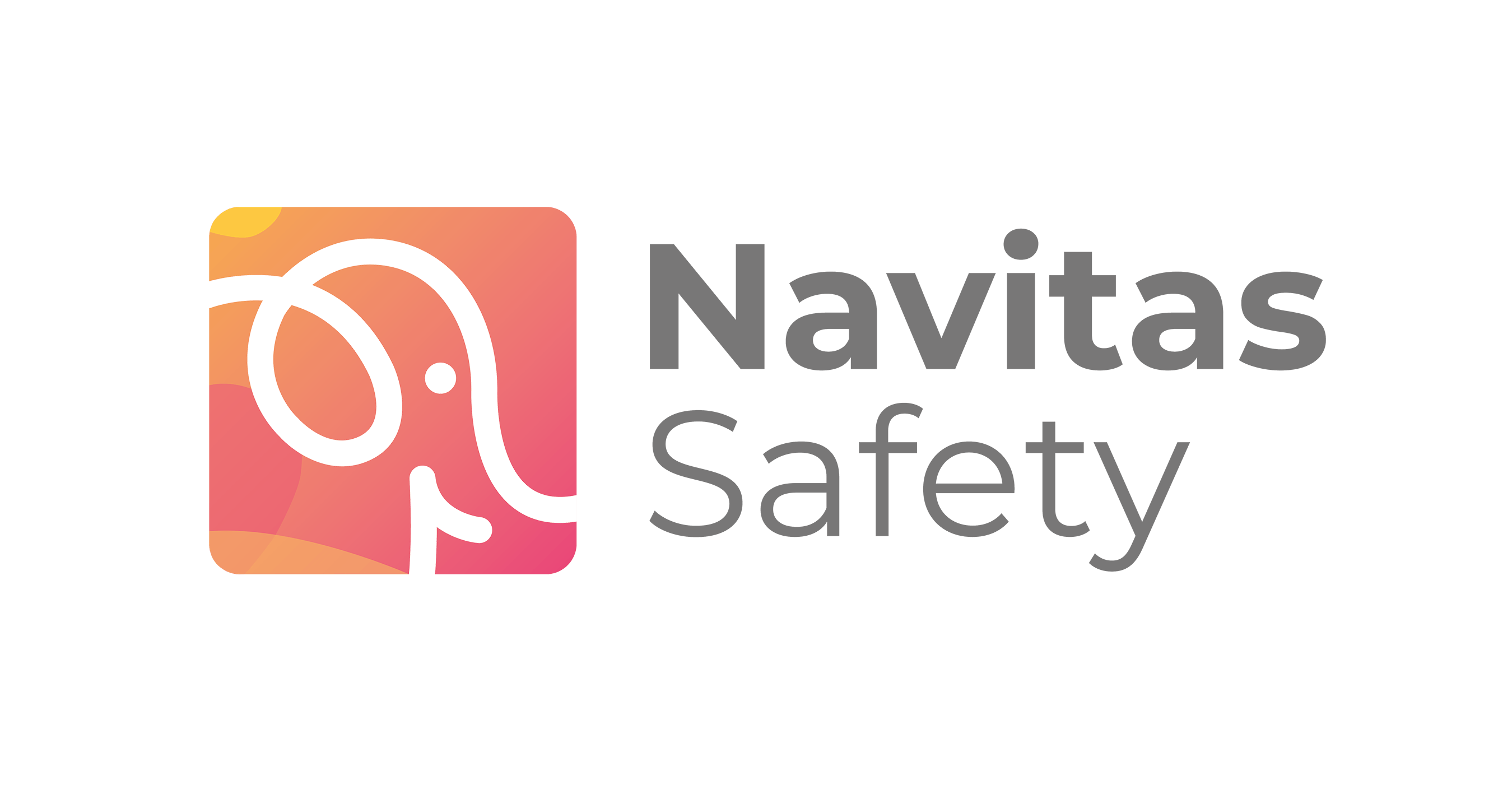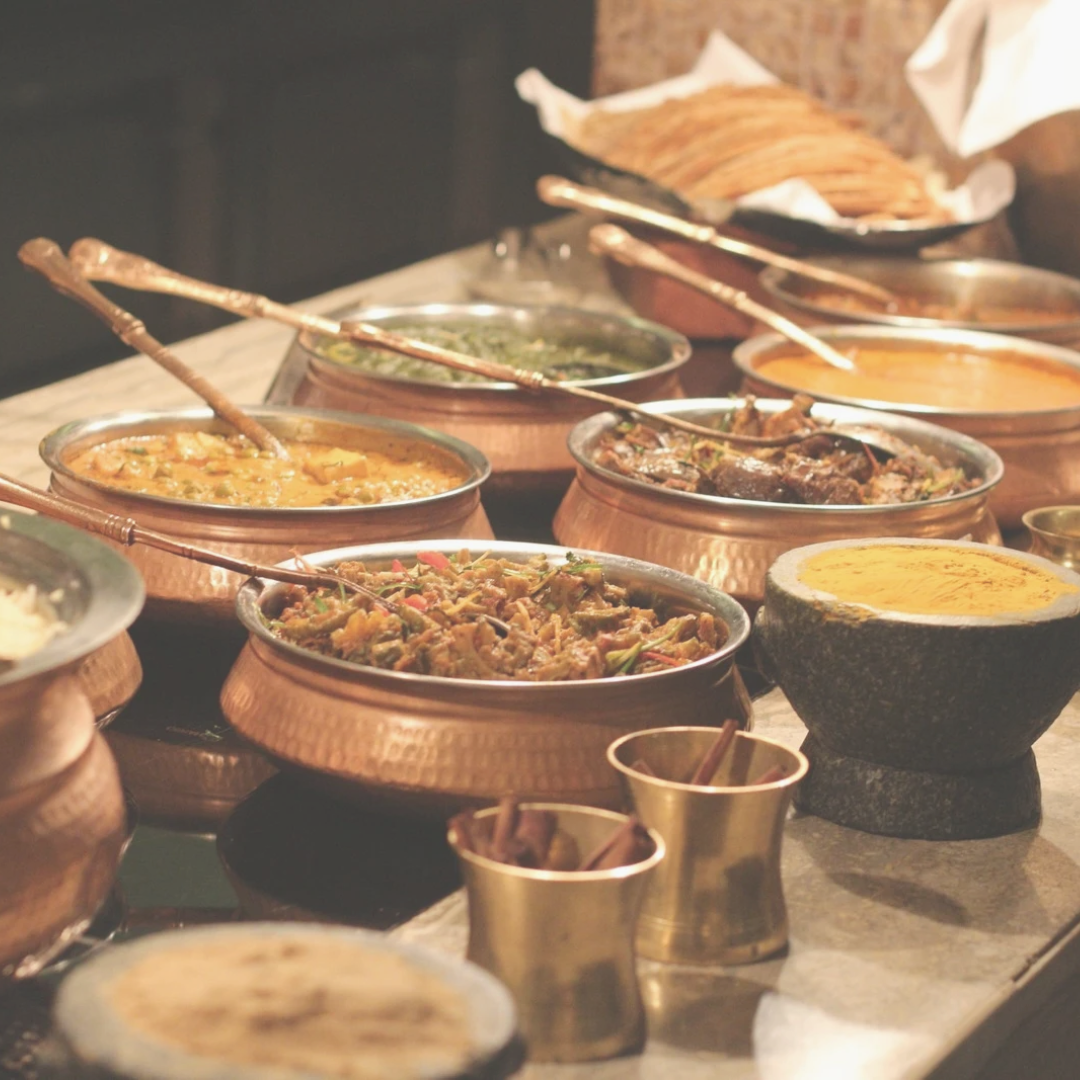Going on holiday is an exciting time filled with new experiences and adventures. However, one unpleasant aspect that can sometimes arise is the possibility of getting food poisoning. You’ve probably seen the recent news about holiday makers being hospitalised due to food poisoning on holiday. So how do you make sure this doesn’t happen to you?
Dealing with food poisoning while away from the comfort of home can be challenging. But with the right knowledge and precautions, you can navigate through this unfortunate situation. In this blog post, we will discuss what to do if you get food poisoning on holiday, the reasons why it is more common during travel, the duration of food poisoning symptoms, and how food businesses can ensure food safety in hot weather. Plus, some basic tips on how to avoid food poisoning on holiday.
So, let’s dive in and discover how to stay safe and enjoy your holiday to the fullest:
What To Do If You Get Food Poisoning on Holiday
If you suspect that you have food poisoning while on holiday, it’s essential to take immediate action to ensure a speedy recovery. Here are some steps you can follow:
→ Drink plenty of water, preferably bottled water, to avoid dehydration.
→ Get ample rest and avoid consuming alcohol, fatty or spicy foods, fizzy drinks, and caffeine.
→ Visit a local pharmacy for over-the-counter medicines, such as oral rehydration solutions or Imodium, to replace electrolytes and manage symptoms.
→ If safe for you, take Paracetamol or Ibuprofen to reduce fever and pain, considering any allergies or contraindications.
→ When symptoms worsen or persist, seek medical advice from a local healthcare professional.
→ Maintain good personal hygiene throughout your illness to prevent the spread of infection. This includes regular handwashing, especially after using the toilet, and using separate towels for bathing and hand drying.
→ Report your illness to the hotel or accommodation staff and inform your holiday representative if you have one.
→ Keep a log of your symptoms, noting when each symptom started and how long they have persisted.
→ Try to recall and document the food you ate and its source in the days leading up to your illness.
If you continue to experience symptoms upon returning home, it’s advisable to visit your GP for further evaluation.

Why Do People Get Food Poisoning on Holiday?
Experiencing food poisoning while on holiday is unfortunately more common than we would like. Several factors contribute to this increased risk:
→ Different countries have varying food hygiene regulations. These may differ from what you are accustomed to in your home country.
→ Warmer climates make it challenging to keep food fresh, and the regulations regarding food hygiene may not be as strict or well-regulated in some regions.
→ Poor water quality is a significant cause of food poisoning cases related to foreign travel. This exposure can occur through eating salads or vegetables washed in water, consuming drinks with ice, or participating in water activities.
→ Although anyone can be at risk of food poisoning, certain groups are at a higher risk. The elderly, young children, and immunocompromised individuals are particularly vulnerable.

How Long Does Food Poisoning Last on Holiday?
For most people, food poisoning is a temporary ordeal that typically resolves within a week. However, in rare cases or for individuals with weakened immune systems, the illness can be more severe and prolonged. Re-infection is also a risk in some instances. It’s crucial to monitor your symptoms and seek medical attention if they persist or worsen.
How To Avoid Food Poisoning on Holiday
The big question: how to avoid food poisoning on holiday?
As careful as you try to be, there is always a small risk of food poisoning from any food that you haven’t diligently prepared yourself. You can never fully guarantee the safety processes of others. However, there are some precautions you can take to avoid catching food poisoning while on holiday:
→ Only eat at businesses that have a good food hygiene rating from their local authority. It’s always a good idea to look at reviews online to see if any food standard complaints have been made previously.
→ Never eat foods from an outdoor buffet station that haven’t been adequately covered to protect them from contamination.
→ Do not eat chilled foods that have been left outside in the hot sun without any ice underneath the containers or suitable refrigeration.
→ If you take something from the lunch buffet for later or keep some leftovers from your sangria-filled lunch by the sea, store it in your minibar or fridge facilities as soon as possible. Don’t carry around food all day in your beach bag and leave it to heat up in the sunshine. This is the perfect environment for bacteria to develop, so it’s best to avoid this entirely. So, keep the snacks to croissants or fruit – no sausage rolls or chicken wings.

What are the Consequences of Food Poisoning for a Business?
As a food business, what can you do to ensure you keep your customers safe from a food poisoning outbreak? We understand that during the busy holiday season, you may be under pressure to get food out the door quickly. Nevertheless, you must ensure that this doesn’t come at the cost of excellent food safety practices.
1. Businesses can face legal action and financial liabilities if customers fall ill due to food poisoning. This may result in costly legal battles, compensation claims, fines, and even closure of the business.
2. Reputation damage: News of a food poisoning outbreak spreads quickly, and it can severely damage the reputation of the business. Negative publicity, customer complaints, and social media backlash can lead to a loss of trust and credibility. Unfortunately, this impacts the long-term success of the business – as we have seen with the recent holidays in Turkey.
3. Loss of customers: Following a food poisoning incident, customers may lose confidence in the business’s food safety practices. They may choose to avoid dining or purchasing products from the establishment. A decline in customer numbers can directly impact revenue and profitability.
4. Impact on staff moral and wellbeing. It can be really distressing for staff when they receive a food safety complaint, especially a severe one. Without proper processes in place to prevent a food poisoning incident, staff will be put in a position where they have to deal with very hostile customers. Especially over the summer holidays where you may have seasonal staff who are less accustomed to dealing with customer complaints.
Preventing Food Poisoning Outbreaks and Ensuring Food Safety in Hot Weather
Food businesses operating in hot weather must prioritise food safety to prevent foodborne illnesses. Here are some guidelines to follow:
On-site practices
1. Strict hygiene practices: Implement rigorous hygiene procedures. These include regular handwashing, sanitisation of surfaces, utensils, and equipment, and proper cleaning of food preparation areas.
2. Staff should be trained in food hygiene practices and adhere to them consistently.
3. Temperature control: Ensure that food is stored, handled, and cooked at the appropriate temperatures to prevent the growth of harmful bacteria. Regularly monitor and record food temperatures, particularly for high-risk items such as chilled and cooked foods.
4. Ensure fridges and freezers are maintaining food temperatures at legally required temperatures. All freezers should be -18 or cooler. Fridges should be between 0 degrees Celsius and 5 degrees Celsius (the cooler the fridge, the longer the food will last). Maintaining regular and consistent appliance temperatures can be time consuming. Why not consider an automated temperature monitoring system to keep a check of your appliances 24/7 for you?
5. Allergen management: it’s not just bacterial growth that can cause a food poisoning incident. Strict allergen control is vital to ensure your food is safe to consume for your customers with intolerances and food allergies. Implement robust allergen management procedures, including clear labelling, separation of allergenic ingredients, and staff training to prevent cross-contamination and allergen-related incidents.
Management actions
1. Effective HACCP implementation. Implement a Hazard Analysis and Critical Control Points (HACCP) system, which identifies potential hazards and establishes control measures to prevent or mitigate risks. Regularly review and update the HACCP plan as needed. Consider speaking with a food safety expert to help you build your HACCP and food safety policy if you need help.
2. Ingredient quality and sourcing. Source ingredients from reputable suppliers who follow strict food safety standards. Check the quality and integrity of ingredients upon delivery and maintain proper storage conditions to prevent cross-contamination.
3. Supplier partnerships. Collaborate with trusted suppliers who share your commitment to food safety. Regularly communicate and review supplier practices to ensure consistent quality and safety standards throughout the supply chain.

While food poisoning on holiday can put a damper on your travel experience, being prepared and knowing how to respond can help minimise its impact. Remember to stay hydrated, rest, and seek appropriate medical advice if needed. By maintaining good personal hygiene, reporting your illness, documenting your symptoms and food intake, you contribute to preventing the spread of infection and enabling effective investigations.
Additionally, businesses operating in hot weather can implement essential food safety practices to ensure the well-being of their customers – and you can be aware of unsafe practices to avoid risky foods! So, whether you’re enjoying a tropical paradise or exploring new culinary delights, stay safe and savour every moment of your holiday.
If you need help with your food safety processes, speak to a member of our safety team who will be able to advise you on how to operate safely.






